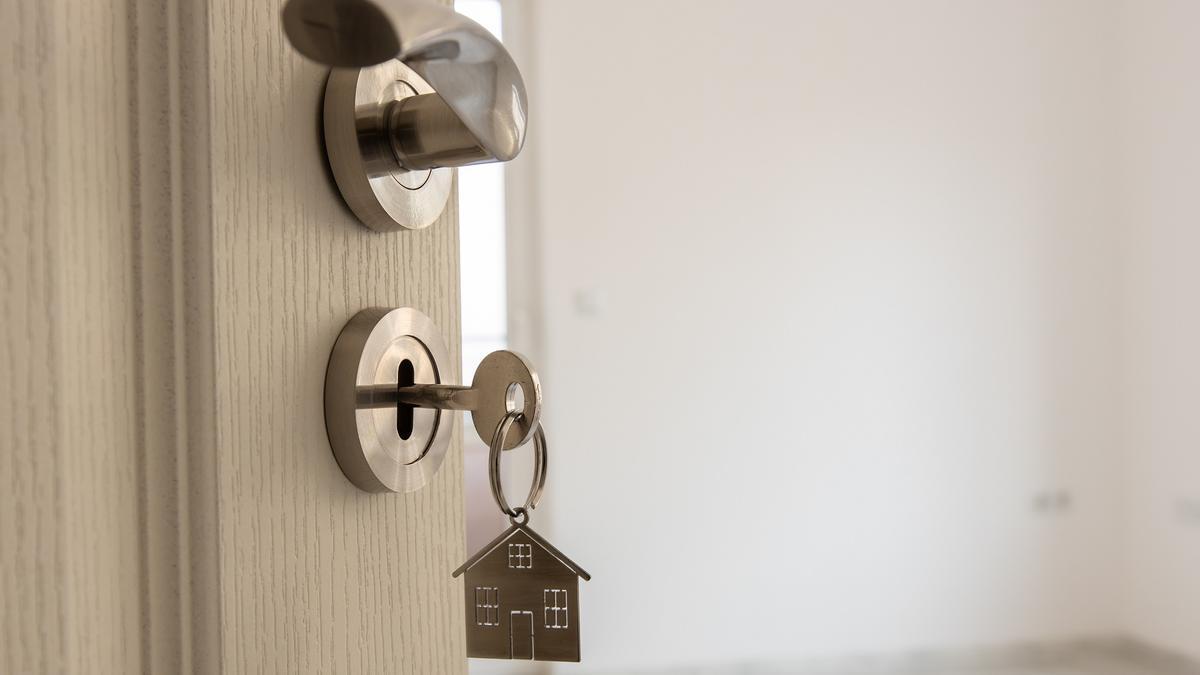Applying for a mortgage is the most common way to finance the purchase of a home . And, although it seems like a simple procedure, a series of factors must be taken into account before carrying out the operation, such as the financial solvency of the buyer, the level of savings and the type of mortgage are key. In this process, using a mortgage simulator is of great help to the future owner.
This is the money you should have saved to buy a home
Do you have enough money to make the initial investment? When applying for a mortgage, banks take into account the financial solvency and the level of savings of the buyer .
In general, banks finance a maximum of 80% of the appraisal or purchase value of the home, if it is a primary residence . Therefore, the future owner must have saved the remaining 20% and, in addition, between approximately 10% and 15% of the total price of the property to cover the expenses derived from the operation such as the notary, taxes or the registration in the Land Registry.

For example, Martí and Laura are two young people who want to buy their first home. Between the two of them, they have an income of 2,600 euros per month and want to buy a 200,000-euro apartment in Ibiza. In total, according to Banco Sabadell’s mortgage simulator , to acquire that home they should have saved around 70,000 euros to cover the down payment on the house (40,000 euros) and the expenses associated with the sale (30,000 euros).
Fixed-rate or variable-rate mortgage?
To decide which type of mortgage is best for me, the first thing is to know the differences that exist between one and the other:
- Fixed mortgage. In this case, the installment and the interest rate remain the same throughout the life of the mortgage loan. In general, the repayment period is usually shorter and offers higher interest rates than variable-rate mortgages.
- Variable mortgage. It is characterized by having an interest rate made up of a fixed percentage (the differential) and another variable (the reference index), which in Spain is usually the Euribor. This is reviewed every six to 12 months. The advantage of this type of mortgage is that the repayment period is usually longer and it usually has lower interest rates than fixed-rate mortgages. Although it must be taken into account that it is subject to changes that occur in the markets.
What are the TIN and the APR?
Beyond the fixed or variable interest rate, two very important magnitudes must also be taken into account for the final price of the mortgage and the monthly installments: the nominal interest rate (TIN) and the annual equivalent rate (APR).
- TIN. It is the fixed interest rate applied by the bank for the borrowed money. It only takes into account the interest rate offered by the bank and does not include the expenses derived from the operation.
- APR. It is calculated taking into account factors such as commissions, the TIN and other expenses associated with the operation. It is the value that is used to know the real cost of a mortgage and is used to establish comparisons between mortgage loans.

What are the expenses associated with buying a home?
To buy a home you have to take into account the associated expenses that, approximately, represent between 10% and 15% of the total price of the property.
- Taxes. In the case of a new-build home, value added tax (VAT) must be paid, which is 10% throughout Spain, and the tax on documented legal acts (AJD), which, depending on the autonomous community, ranges from 0.5% and 1.5%. If the home is second-hand, the buyer must pay the property transfer tax (ITP), which varies between 6% and 10% depending on the region in which the property is located.
- Registration in the Land Registry. It depends on the cadastral value of the property. It can be between 600 and 1,000 euros.
- Notary. This expense is regulated by the State and varies depending on the price of the property and the number of pages of the deed. It ranges between 600 and 1,000 euros.
- Agency. It is an optional expense, but in the case of hiring a manager to expedite some formal matters, it can be between 300 and 500 euros.
In addition to the expenses derived from the sale operation, there are other expenses for the constitution of the mortgage.
- Home appraisal. It usually costs between 200 and 600 euros.
- Commissions. For contracting the mortgage loan, the bank may charge an opening commission. However, entities such as Banco Sabadell do not currently apply this commission.
How much should I allocate to the payment of the mortgage installment?
The Spanish Mortgage Association (AHE) recommends that the monthly installment does not exceed 30% of a household’s income and, if there is another type of credit, the borrowing capacity should not exceed 40%.
In the previous case, if Martí and Laura earn 2,600 euros per month and their only debt is the mortgage, they can allocate a maximum of 780 euros to pay the monthly installment.
It may interest you: discover with this simulator the payment and the type of mortgage recommended according to your needs
In any case, when buying a home, it is advisable to have the advice of an expert , such as that of the bank, to know in detail all the factors that must be taken into account.








